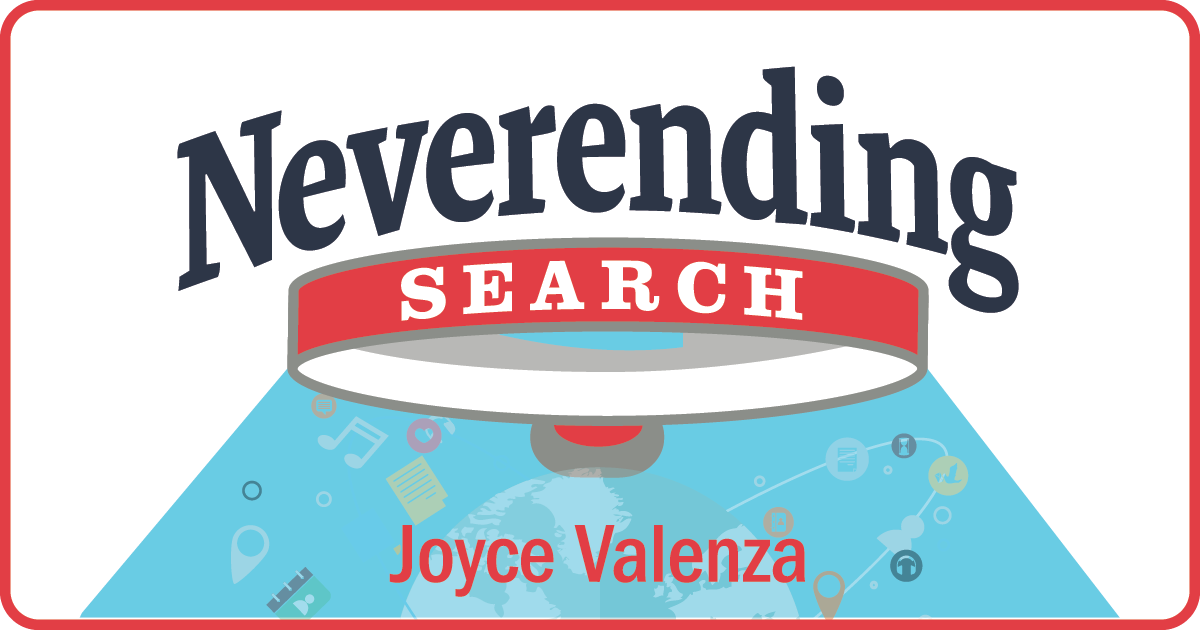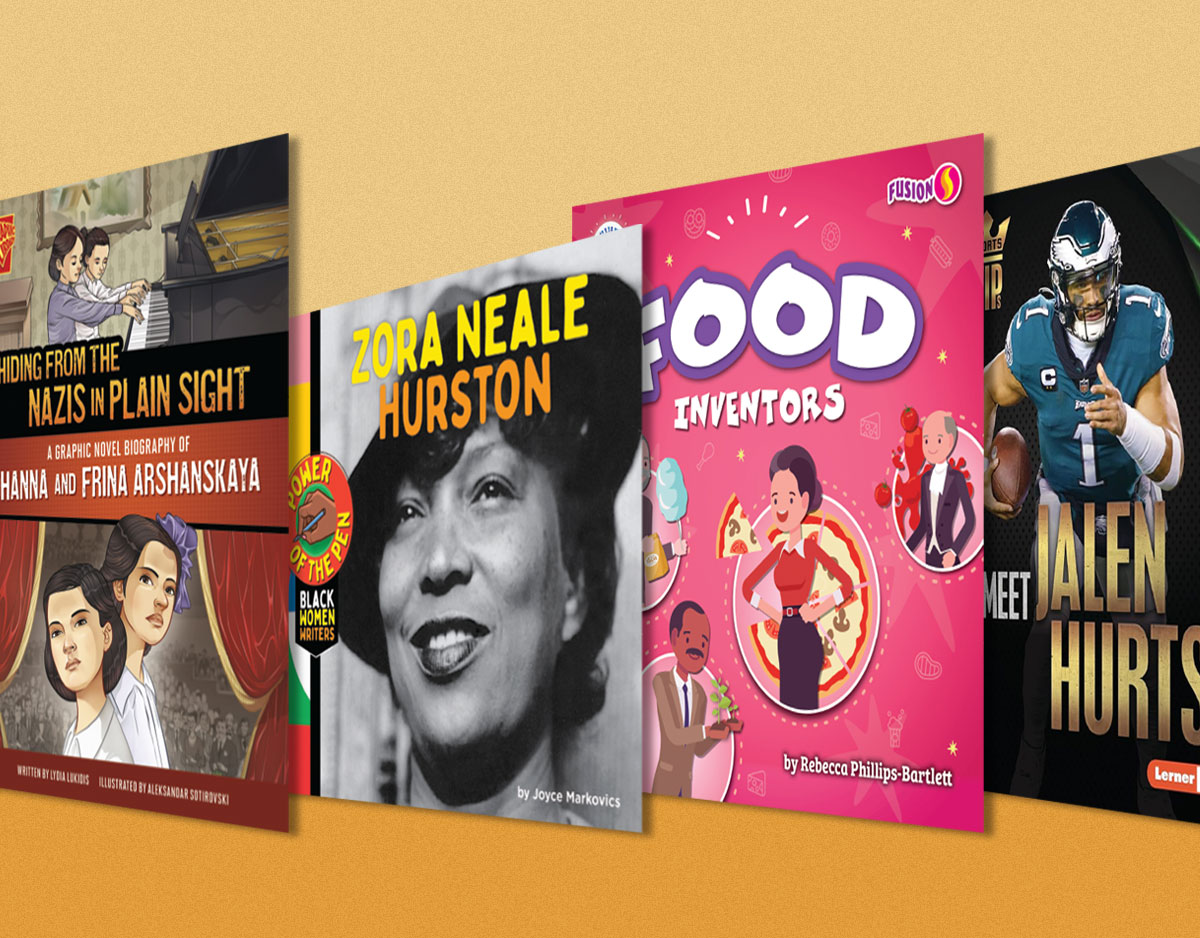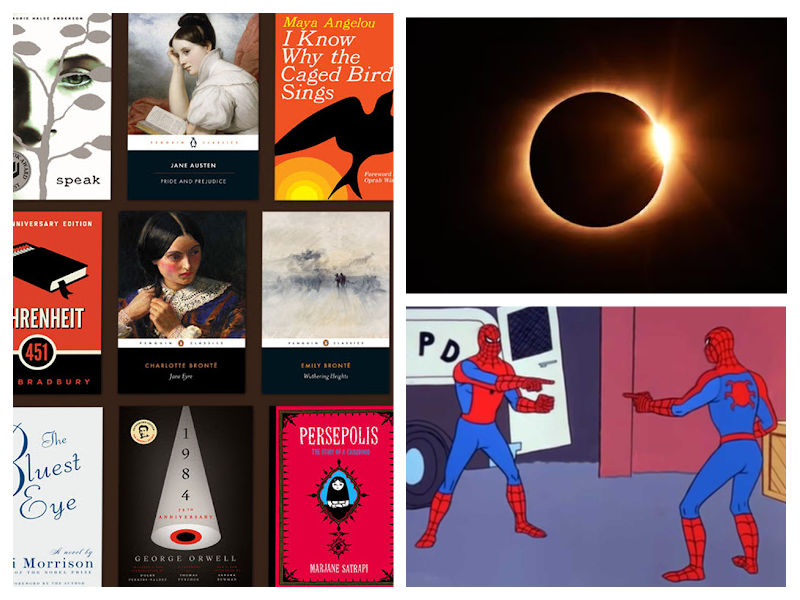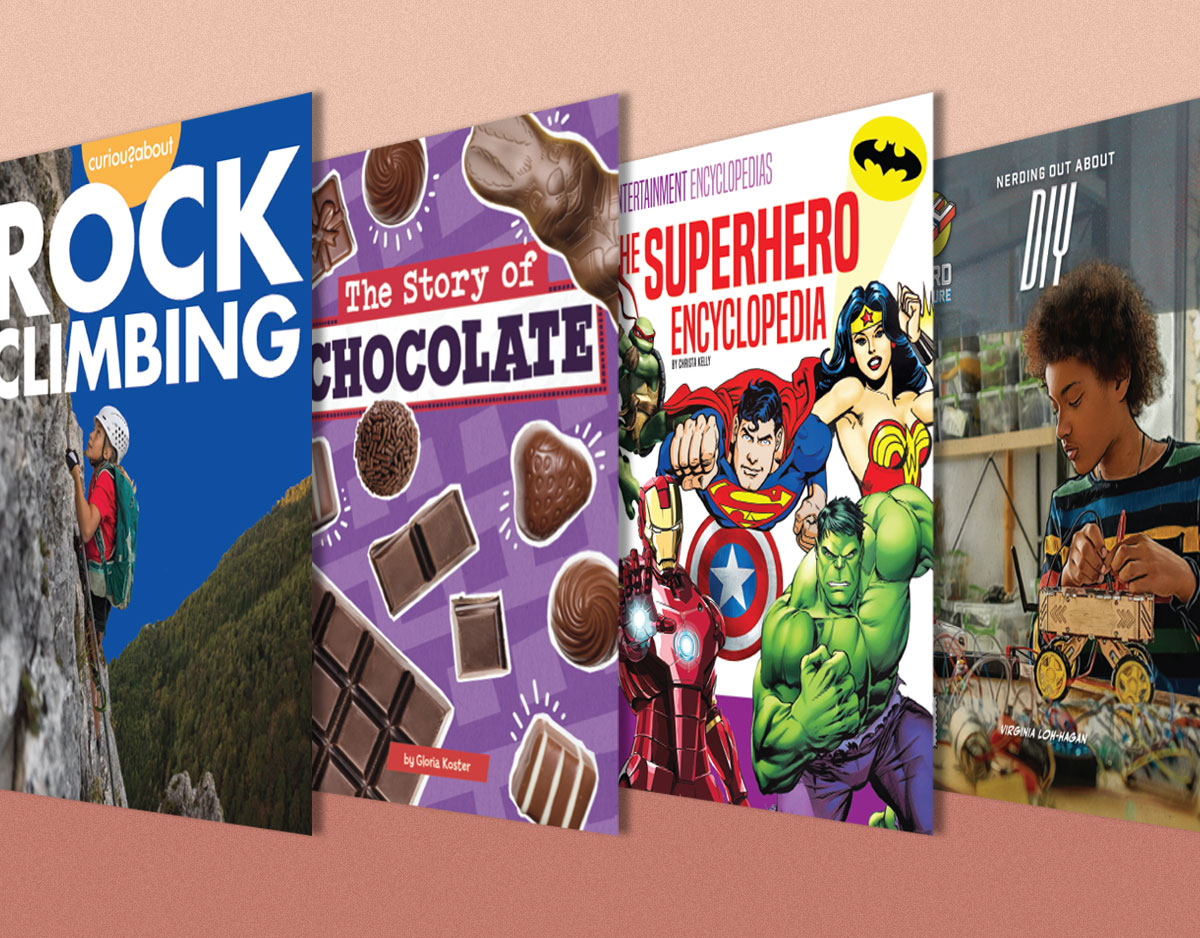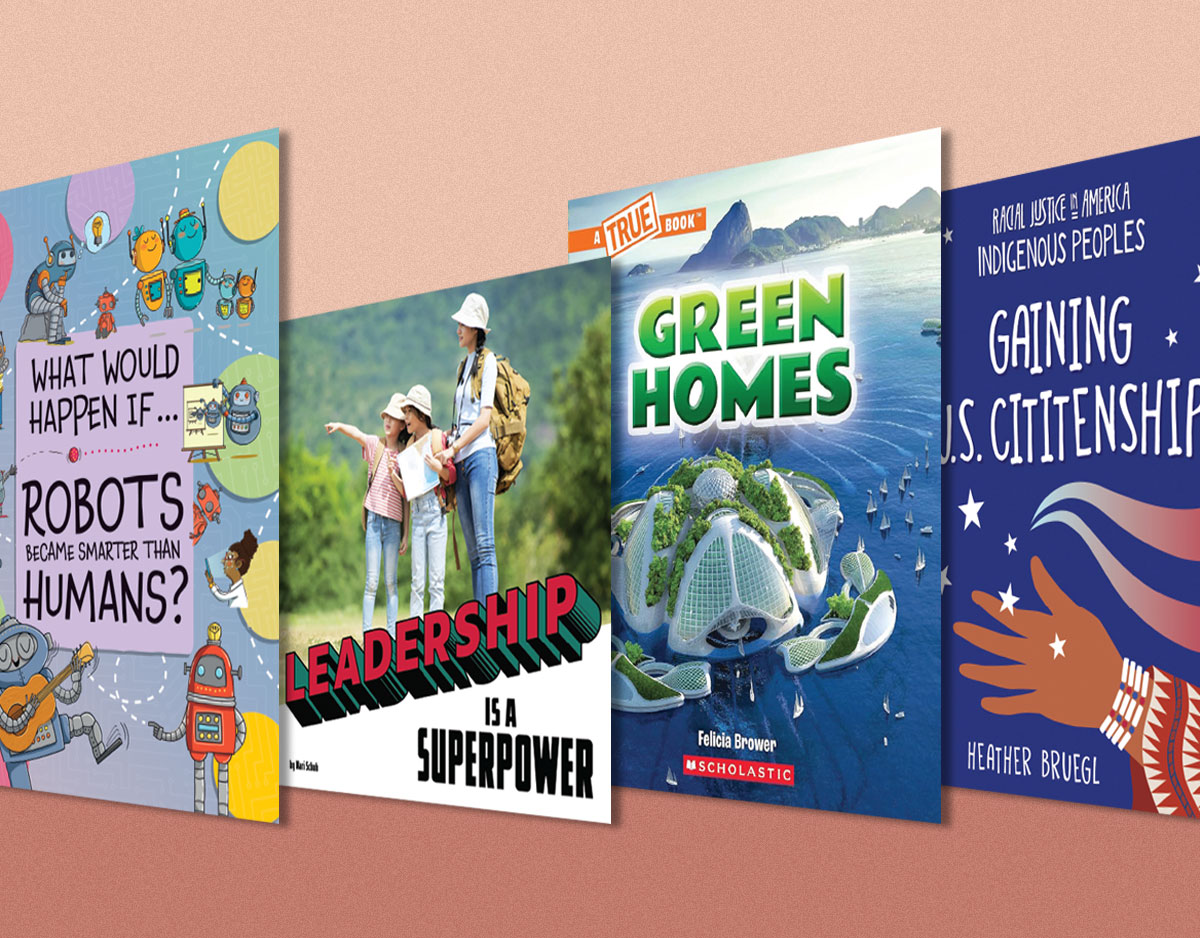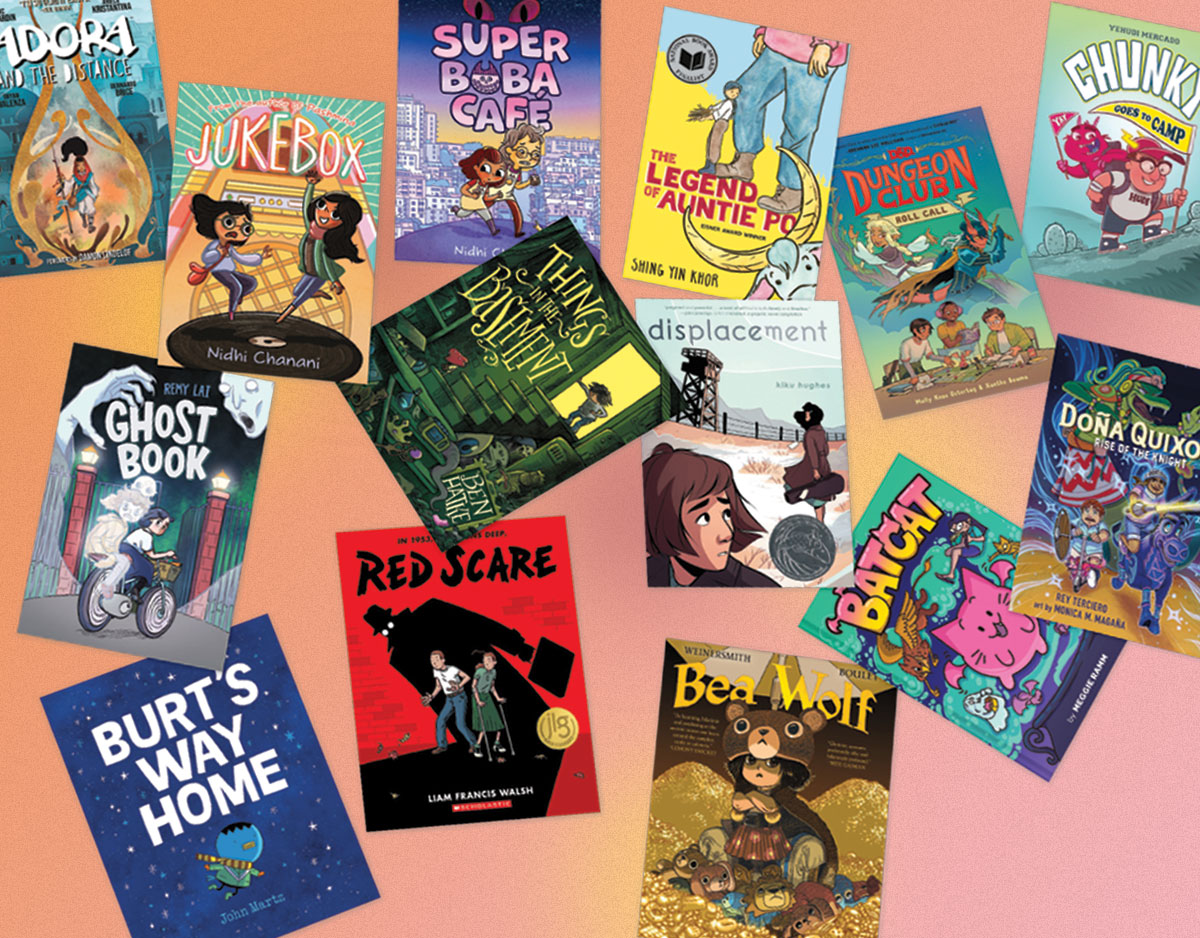SCROLL DOWN TO READ THE POST
Going global: a literacy, a process, a call to action (and some resources)
 When you are lucky enough to travel and visit with librarians all over the world, you realize the power and the talents of our community.
When you are lucky enough to travel and visit with librarians all over the world, you realize the power and the talents of our community.
One thing is clear to me: as librarians, we haven’t yet leveraged our true power as global connectors. Lately I’ve been thinking about our yet-to-be-realized opportunities and how we might realize them.
You see, I see convergence.
Never before have we had truly effective tools for synchronous conferencing and media-rich asynchronous group discussion. Never before have we been able to leverage our emerging online communities of practice. Never before has participation been so possible. Never before has our world been so flat. Never before has it be more obvious that the prefix geo might amplify themes in any curriculum.
One of the titles in Heidi Hayes Jacobs’ recent Contemporary Perspectives on Literacy series is Global Literacy. This video introduction describes how the author/editor sees the intersection of three critical literacies: digital literacy, media literacy and global literacy.
Jacobs defines global literacy as the ability to be a fluent investigator of the world, to be able to examine different perspectives, to be able to report on and share ideas, and to take action on those ideas. Being globally literate requires learners to be able to collect meaningful information about people and places and personalize what they are learning.
Jacobs recommends,
every classroom that has the capability, creates a partnership with another school for curricular purposes. Not just for a superficial Skype visit where we merely turn on a camera, but to connect around a contemporary issue or common problem. If we want Johnny, Susie, Abdul, Maria, any of our kids to be contemporary citizens, they need to be cultivating the three literacies . . . showing the intersection of those three in their projects and work–using digital tools, creating media to share, and being globally connected. . .
That means they need teachers who are that way. They need principals who are that way . . . If we don’t do this, we’re basically choosing to live in the last century, rather than this one.
They also need LIBRARIANS who are that way. We too can plan meaningful global learning partnerships, connect learners, classrooms and libraries.
I see this happening as a process, on three levels.
ADVERTISEMENT
ADVERTISEMENT
- Introduction: We learn to use the tools for connection and share their affordances with learners, through engaging, though often one-shot, activities, like Mystery Skypes.
- Inquiry: Guided by teachers and librarians, students engage in authentic partnerships to address issues and problems, engaged in curricular projects like Flat Classroom.
- Independence: Students transfer use of the tools and strategies we’ve modeled, using hashtags to identify global experts, setting up their own investigatory conversations and events. They become citizen journalists, scientists, collaborative writers and creators.
(Thanks to Brenda Boyer for helping me identify these “Is” over lunch!)
Why librarians?
About a month ago, all this thinking led me to start the GlobalTL: Librarians Without Borders Google+ Community and to launch the #globaltl hashtag. Yes, there are other strategies for building connections and meaningful projects (see the resources below), but I’ve always believed that librarians can be the ones who will hit the start button and connect the necessary partners.
After all, we know the whole curriculum; we know which teachers are most likely to be ready or game; we know the technology; and many of us have already been building and leveraging communities of practice on a global scale.
GlobalTL currently features a number of discussions, a visitor map and a time zone converter. A number of partners from American and international schools have already joined us. Come fall, we’ll be proposing collaborative inquiry projects, featuring opportunities to globally connect with books, and partnering on projects with IASL. (I am also working on re-purposing the TeacherLibrarian Ning to have a more international flavor. Volunteers are most welcome.)
The goal is to create the type of active learning opportunities pointed to by this year’s Horizon Report K12.
Project-based learning, problem-based learning, inquiry-based learning, challenge-based learning, and similar methods foster more active learning experiences, both inside and outside the classroom. As technologies such as tablets and smartphones are more readily accepted in schools, educators are leveraging these tools, which students already use, to connect the curriculum with real life applications. These active learning approaches are decidedly more student-centered, allowing learners to take control of how they engage with a subject and to brainstorm and implement solutions to pressing local and global problems.
Join us!
Please consider joining me, along with co-owner, Andy Plemmons on GlobalTL.
Share your own best ideas for global learning, literacy and leadership. And let us know if you are interested in becoming a moderator.
Please also consider using the hashtag: #globaltl to connect on social media platforms.
Here is the presentation I delivered at ALA this week for the IRRT panel, Expanding the school library: connecting students with students, across international boundaries, using modern technology.
- GlobalTL: Librarians Without Borders Google+ Community (Let’s hit the start button ourselves!)
- IFLA New Professionals SIG
- IASL (International Association of School Librarians)
- Facing the Future: Global Sustainability Curriculum & Teacher PD
- Asia Society Global Competence
- Langwitches (Silvia Rosenthal Tolisano) on Global Learning
- Pulitzer Center Global Gateway
- Sister Library Project (IFLA)
- Skype in the Classroom
- 100People: A World Portrait
- Flat Connections
- Global Partnership Hub
- ePals
- TeachUNICEF
- Teacher’s Guide to International Collaboration on the Internet (US DOE)
- KidWorldCitizen
- IBWorld Magazine
Filed under: #tlchat, connected learning, literacy
About Joyce Valenza
Joyce is an Assistant Professor of Teaching at Rutgers University School of Information and Communication, a technology writer, speaker, blogger and learner. Follow her on Twitter: @joycevalenza
ADVERTISEMENT
SLJ Blog Network
Name That LEGO Book Cover! (#53)
Cover Reveal and Q&A: The One and Only Googoosh with Azadeh Westergaard
Exclusive: Vol. 2 of The Weirn Books Is Coming in October | News
Take Five: Middle Grade Anthologies and Short Story Collections
The Classroom Bookshelf is Moving
ADVERTISEMENT
ADVERTISEMENT

